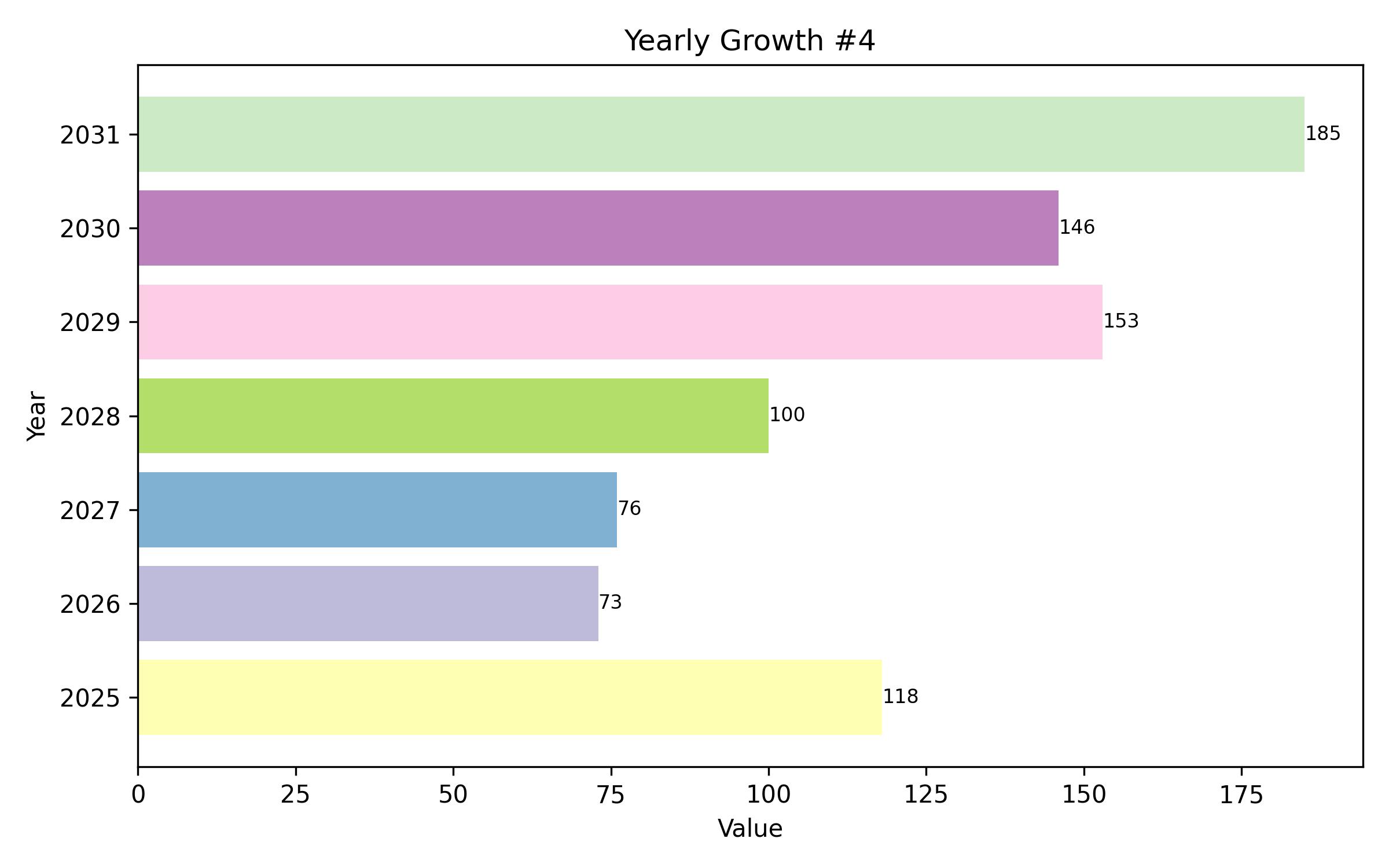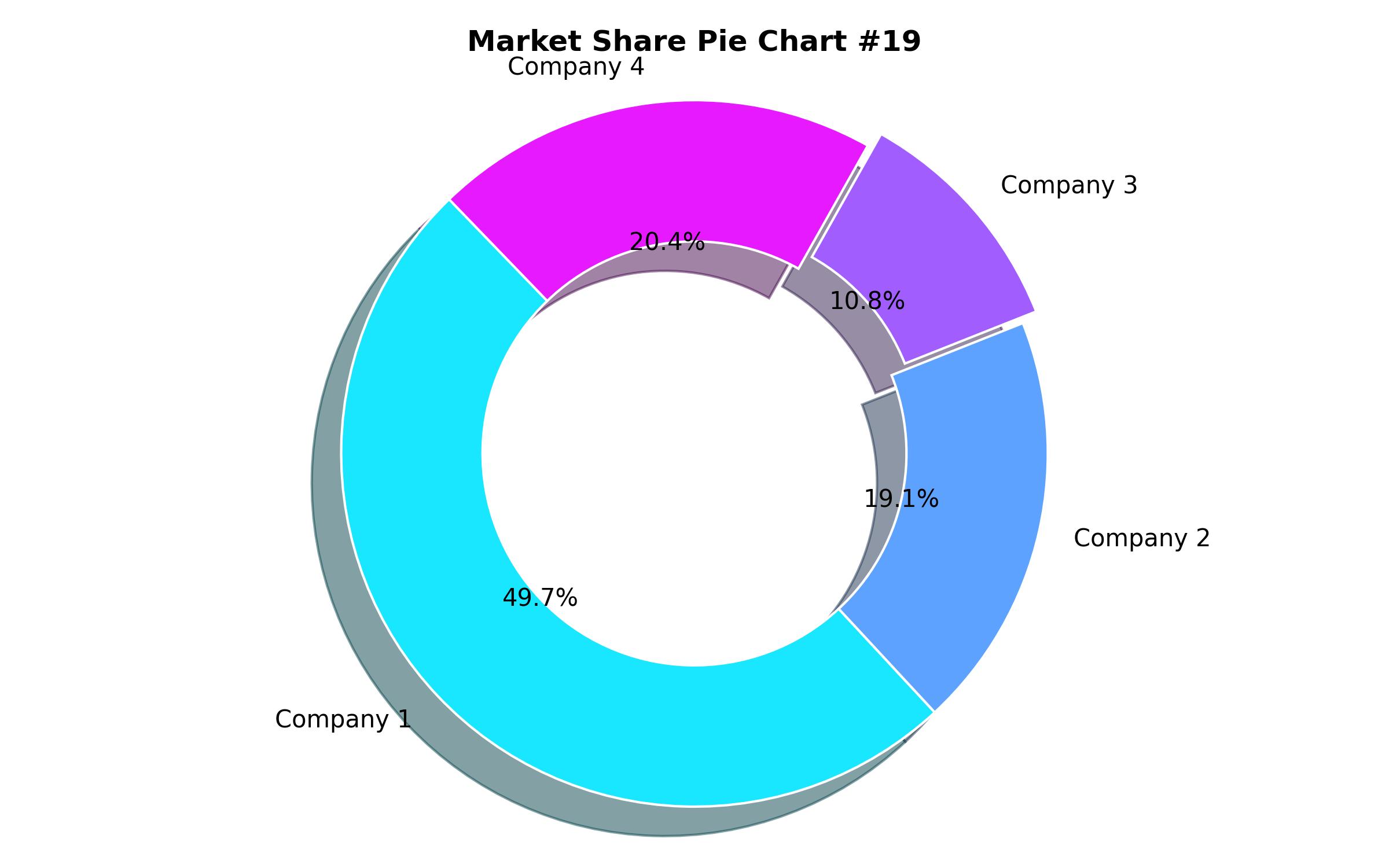Future Trends and Market Analysis for Moringa Extract: 2025 to 2035
Overview:
The global market for moringa extract is poised for substantial expansion, driven by increasing consumer interest in natural health solutions and botanical ingredients. Valued at approximately USD 1.61 billion in 2025, the market is projected to grow significantly over the next decade. Analysts forecast a compound annual growth rate (CAGR) of around 14.6% through 2035, anticipating the market could reach a valuation of over USD 6.4 billion by the end of the forecast period.
Derived from the leaves, seeds, and pods of the moringa oleifera tree, this extract is gaining prominence due to its rich nutritional profile and various reported health benefits. It is widely recognized for its potent antioxidant and anti-inflammatory properties, attributed to its high concentration of vitamins, minerals, and amino acids. These characteristics make it a favored ingredient in diverse applications, including dietary supplements, functional food and beverages, and cosmetic formulations.
A key driver for market growth is the rising awareness among consumers regarding the advantages of incorporating plant-based and natural ingredients into their diets and wellness routines. The perception of moringa as a ‘superfood’ with potential benefits for immune support, digestive health, and energy levels is also contributing to its increasing demand.
Furthermore, the trend towards clean-label and sustainably sourced products is boosting the appeal of organic and non-GMO moringa extracts. Certification and traceability are becoming crucial purchasing criteria for health-conscious consumers.
The pharmaceutical and nutraceutical sectors are showing increased adoption as research into moringa’s therapeutic properties progresses. Its inclusion in herbal supplements and fortified products underscores its versatility and growing acceptance in the health and wellness industry.
Despite the positive outlook, the market faces hurdles such as potential supply chain disruptions and fluctuating raw material costs. Ensuring consistent quality and efficacy across different source regions can also be challenging due to variations in agricultural practices and environmental factors. Limited consumer familiarity in certain geographic areas may also slow adoption.
Nevertheless, the trajectory remains strongly upward. Opportunities are emerging in the cosmetics industry, where moringa’s benefits are being explored for skincare and haircare applications. The demand for natural and herbal-based beauty products presents a fertile ground for innovation and market penetration.
Ongoing research and development are expected to uncover new applications and health benefits, further propelling market expansion. The industry is well-positioned for considerable future growth, underpinned by the sustained global shift towards natural, functional ingredients and increasing investment in health and wellness.

| Report Attribute | Details |
|---|---|
| Market Size in 2025 | USD 1.64 billion |
| Revenue Forecast for 2035 | USD 6.6 billion |
| Growth Rate (CAGR) | 14.9% from 2025 to 2035 |
| Base Year for Estimation | 2024 |
| Historical Data | 2020 – 2024 |
| Forecast Period | 2025 – 2035 |
| Quantitative Units | Revenue in USD million/billion and CAGR from 2025 to 2035 |
| Report Coverage | Revenue forecast, company market share, competitive landscape, growth factors, and trends |
| Covered Segments | Product Type, Form, End Use, Distribution Channel, and Region |
| Regional Scope | North America, Europe, Asia Pacific, Latin America, MEA |
| Country Scope | U.S., Canada, Mexico, U.K., Germany, France, Italy, South Korea, Japan, China, Australia, New Zealand |
| Key Companies Analyzed | Kuli Kuli, Inc., Organic India Pvt. Ltd., Moringa Initiative Ltd., Grenera Nutrients Pvt. Ltd., Moringa Farms Inc., Sunfood Superfoods, Ancient Greenfields Pvt. Ltd., H&C Herbal Ingredients, Earth Expo Company, BioNutrition Inc. |
| Customization Options | Free report customization (up to 8 analysts working days) with purchase. Changes to country, regional, and segment scope |
| Pricing and Purchase Options | Customizable purchase options for tailored research needs |

Report Coverage & Deliverables
- Market Trends And Dynamics
- Competitve Benchmarking
- Historical data and forecasts
- Value/Volume analysis
- Company revenue shares and key strategies
- Regional opportunities
This is an indicative segmentation. Please request a sample report to see detail segmentation of this market.
Detailed Market Segmentation
- By Product Type
- Leaf Extract
- Seed Extract
- By Form
- Powder
- Liquid
- By End Use
- Food and Beverages
- Dietary Supplements
- Pharmaceuticals
- Cosmetics & Personal Care
- Animal Feed
- By Distribution Channel
- Direct Sales
- Indirect Sales
- By Region
- North America
- USA
- Canada
- Mexico
- Europe
- UK
- Germany
- France
- Italy
- Spain
- Nordics
- BENELUX
- Asia Pacific
- China
- Japan
- South Korea
- India
- Thailand
- Malaysia
- Singapore
- Australia
- New Zealand
- Latin America
- Brazil
- Mexico
- Argentina
- Middle East & Africa (MEA)
- GCC Countries
- South Africa
- North Africa
- North America
Table of Content
- Executive Summary
- Market Overview
- Key Market Dynamics
- Historical Market Analysis (2020-2024)
- Market Forecast (2025-2035)
- Industry Key Trends and Opportunities
- Risk Assessment and Mitigation
- Regulation and Compliance Landscape
- Pricing Analysis
- Market Segmentation
- By Product Type Analysis
- By Form Analysis
- By End Use Analysis
- By Distribution Channel Analysis
- Regional Market Analysis
- North America Market
- Europe Market
- Asia Pacific Market
- Latin America Market
- Middle East & Africa Market
- Country-Level Analysis
- USA Market Outlook
- UK Market Outlook
- France Market Outlook
- Germany Market Outlook
- Italy Market Outlook
- South Korea Market Outlook
- Japan Market Outlook
- China Market Outlook
- Australia Market Outlook
- New Zealand Market Outlook
- Competitive Landscape
- Company Profiles
- Research Methodology
- Assumptions and Limitations
